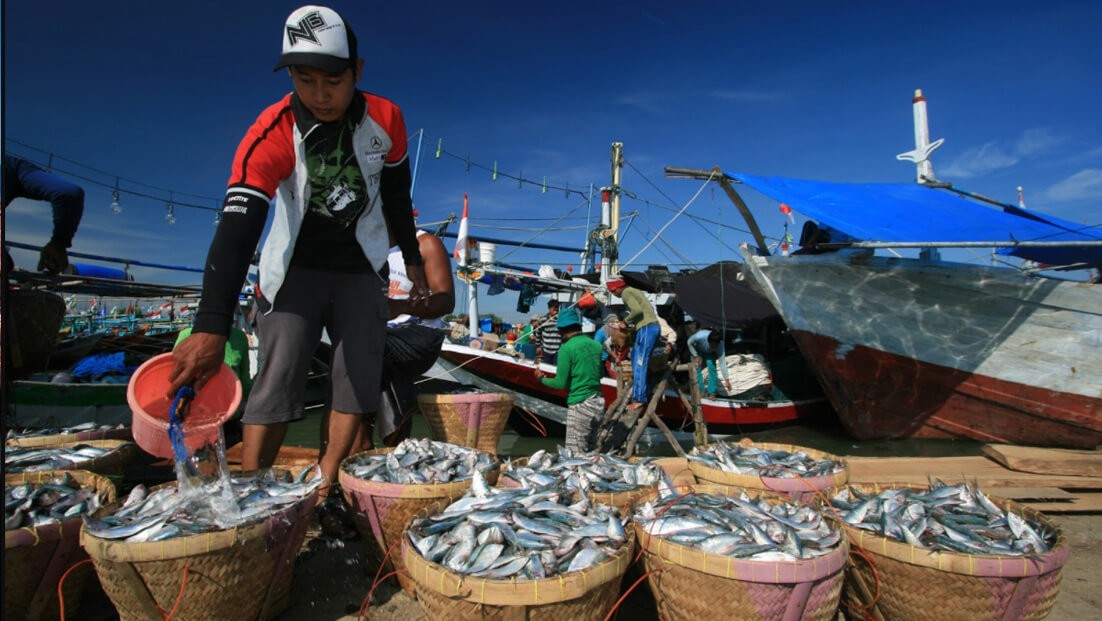Southeast Sulawesi, Indonesia, boasts significant potential in the fisheries sector, presenting lucrative opportunities for multinational agribusiness ventures. With its extensive coastline and rich marine biodiversity, the region is poised to become a hub for sustainable fisheries development.
Abundant Marine Resources
The waters of Southeast Sulawesi are home to a diverse array of fish species, shellfish, and seaweed. Notably, the area is recognized for its seaweed farming, particularly in South Konawe, where seaweed agribusiness has been identified as a viable economic activity.
Strategic Coastal Areas
Key coastal zones such as Teluk Kendari, Teluk Bone, and the Banda Sea serve as natural habitats for various pelagic and demersal fish species. These areas offer ideal conditions for sustainable capture fisheries, aligning with global demands for responsibly sourced seafood.
Prospects in Aquaculture
Beyond capture fisheries, aquaculture presents promising prospects in Southeast Sulawesi. Commodities like seaweed have shown significant potential, with studies suggesting that seaweed farming in South Konawe is economically feasible and can contribute to the local economy.
Developing Infrastructure
The region is witnessing improvements in infrastructure, including modern fishing ports and processing facilities. These developments enhance the efficiency of processing and exporting fishery products, making Southeast Sulawesi an attractive destination for investment in the fisheries sector.
Skilled Local Workforce
The local communities, with their deep-rooted fishing traditions, possess valuable indigenous knowledge. Collaborations with multinational companies can facilitate technology transfer and training, elevating the skills of local fishermen and supporting the advancement of the fisheries industry.
Global Market Demand
There is a growing international demand for seafood products, particularly from regions like Asia, Europe, and America. With appropriate branding and adherence to international standards, products from Southeast Sulawesi can gain a competitive edge in the global market.
Challenges and Considerations
Despite the promising potential, challenges such as the need for sustainable resource management and effective coordination among stakeholders must be addressed. Implementing sustainable practices is crucial to prevent overfishing and environmental degradation. Additionally, policies that support foreign investment, environmental protection, and community empowerment are essential to create a conducive ecosystem for the growth of the fisheries sector.
Conclusion
Southeast Sulawesi's fisheries sector offers substantial opportunities for multinational agribusiness development. By leveraging abundant natural resources, improving infrastructure, and fostering collaboration among stakeholders, the region can emerge as a center for sustainable fisheries that benefits both the economy and local communities.
Read More






 Saturday, 28-02-26
Saturday, 28-02-26







